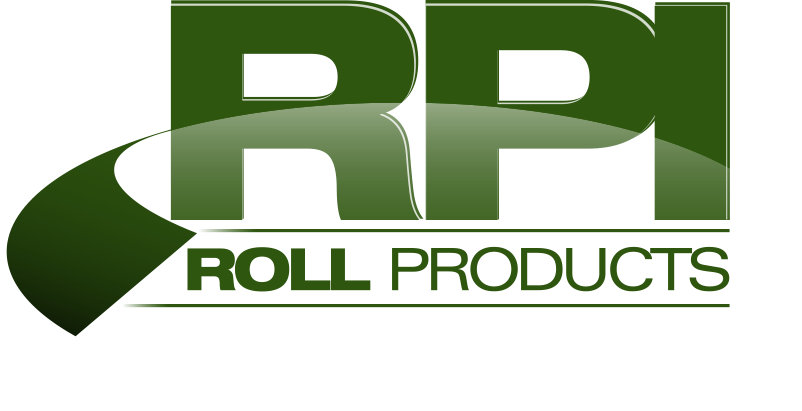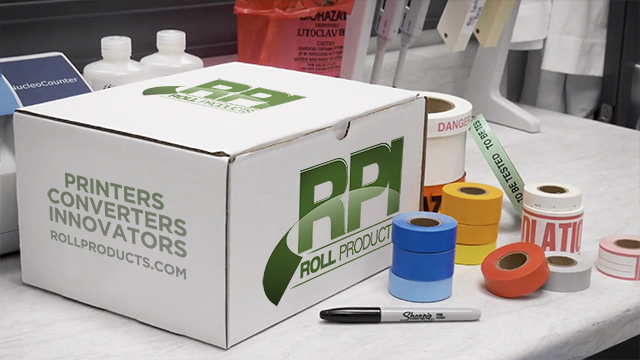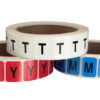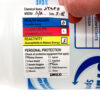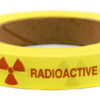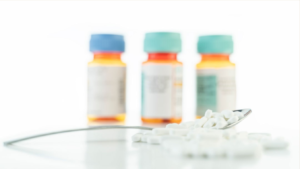 Labels are very useful additions in the consumer market. They play a critical role in marketing various products to consumers. Besides creating an emotional appeal through colors and graphics, labels are essential in providing the necessary information to the buyers. Most of the information about a specific product is written on the labels, which is an important strategy. Studies show that labels influence buying behavior in a diverse consumer market.
Labels are very useful additions in the consumer market. They play a critical role in marketing various products to consumers. Besides creating an emotional appeal through colors and graphics, labels are essential in providing the necessary information to the buyers. Most of the information about a specific product is written on the labels, which is an important strategy. Studies show that labels influence buying behavior in a diverse consumer market.
In line with codes of conduct in the medical sector, the medical label has been introduced in the healthcare industry with the primary role of naming various drugs. For many years, physicians have been left to determine the drugs in a specific package without medical labels to provide the necessary details. Here are some of the benefits that medical labels will bring into the medical sector.
1. Avoiding Medical Errors
Studies show that considerable numbers of patients are given the wrong drugs due to lack of medical labels in a specific drug. About 7,000 individuals die every year in the United States due to medical errors. Labels will play a critical role in ensuring that medical errors are minimized or eradicated in the medical sector. In a recent research survey, 84% of anesthesiologists agreed that medical labeling would play a critical role in reducing the incidences of medication errors.
2. Improved Patient Safety
A well labeled medical label will improve the safety of the patient. The safety of the patient is consistent with the errors performed by physicians who do not know the kind of the drug they are handling. However, when a label is used and labeled professionally, it will be easier for the doctor to administer the right drug. The safety of the patient will also be improved by the fact that the physician will also administer the right drug quantities.
3. Easy Identification
With the double-layer label, it is easier to identify each of the drugs that have been stocked in the healthcare drug store. It is common knowledge that there are different types of drugs that are used to treat different illnesses. Most of these drugs have very similar names, which makes it very difficult for amateurs to distinguish between similar names. A medical label will play a critical role in identifying these drugs. All the names will be seen without struggling.
4. Ensuring FDA Compliance
Double layer labels are essential in enforcing Food and Drug Administration compliance. FDA is a body mandated by the federal government to ensure that Americans consume quality food and drug products that do not have harmful impacts in their lives. By having a medical label attached to the package of a drug, it will be easier for the Food and Drug Administration to ascertain its tests. The agency will be carrying out tests with the hope that it will ascertain what has been written on the medical label.
5. Ensure Patient Compliance
In the last few years, the government of the United States has been dealing with increased cases of drug addiction. A considerable number of young individuals have been buying various drugs over the counter. Opioid addiction is one of the leading drug abuse problems across the country. However, most of the victims argue that they do not understand the drugs they are consuming because they are not labeled. However, with medical labels, it will be clear that patients know what they are consuming, thereby promoting compliance.
6. Reliable Self-Medication
Self-medication is a common trait across the country. Millions of people buy various drugs over the counter stores. Most of the people have very little information about such drugs, which exposes them to risky situations. However, with industrial labels currently available in various over the counter drugs, it will be easier for patients to self-medicate because they already know the drug and quantity they are supposed to take.
Many innovations have drastically improved the medical sector, such as advanced medical tools and equipment. However, medical labels will take the medical sector into another level by reducing medical errors, promoting compliance, and improving self-medication.
